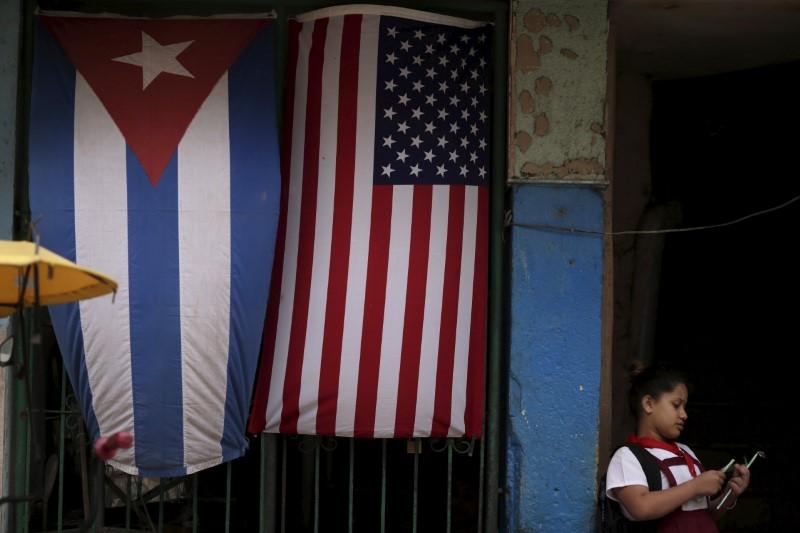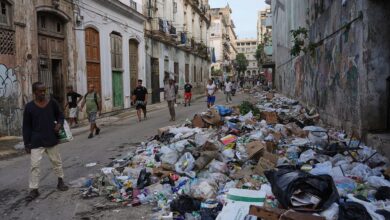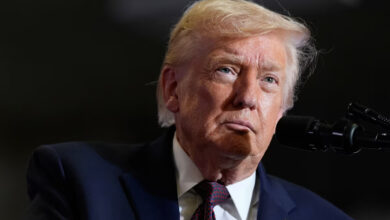
Cuba will make it easier for its US-based citizens to travel to the island, Foreign Minister Bruno Rodriguez said on Saturday, in a gesture to win support from Cuban Americans during a diplomatic crisis over allegations of mysterious health attacks.
“The US government closes, and Cuba opens,” Rodriguez told a meeting of pro-Havana Cuban Americans in Washington.
He said Cuban citizens in the United States would no longer need to have a special review of their Cuban passports to rehabilitate them before traveling to the island.
Rodriguez said that procedure had become more difficult due to staff shortages at the Cuban embassy after the US government expelled 15 Cuban diplomats this month due to the dispute over the mystery attacks on US personnel in Cuba.
“It’s unacceptable and immoral, from the point of view of the Cuban government, for people to be harmed by a difference between governments,” he said.
Some Cuban Americans said Havana was simply acceding to demands that it should have acceded to long ago, like allowing them home without a special procedure.
While the United States has not formally accused Cuba of carrying out what it says are attacks that have caused hearing loss and cognitive issues in its diplomats, President Donald Trump said last week Havana was responsible.
Cuban government officials accused Trump this week of slandering their country.
Tension over the alleged attacks, some of which involved high-pitched sounds, came after Trump said in June he wanted to partially roll back the historic detente between the United States and Cuba, ordering tighter restrictions on travel and trade. These have yet to be unveiled.
Rodriguez said Cuba was making it easier for the children of Cubans in the United States to attain Cuban nationality and allowing Cuban Americans to travel to the country on cruise ships that embark at two ports on Cuba.
Havana will also allow some Cubans who left the country illegally to return, he said.
There are roughly 2 million Cubans or Americans of Cuban origin in the United States.
One attendee at the event, Andres Pertierra, a US-born citizen with a Cuban father, said he was excited he now qualified for a Cuban passport.
“These changes inspire gratitude and bring Cubans abroad closer to Cuban government,” said the legal assistant.
“The Cuban government is making sure that it is clear that the weight of responsibility for failure to normalize falls squarely on the shoulders of the Trump administration.”




